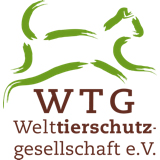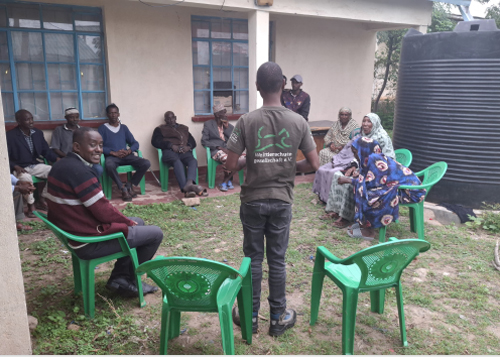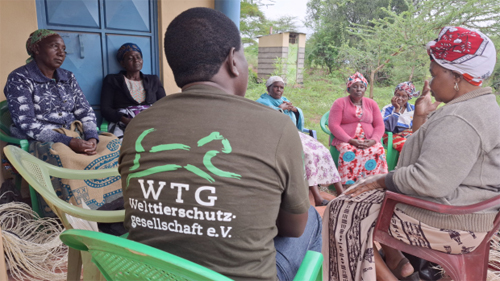 Africa Network for Animal Welfare (ANAW), in partnership with Welttierschutzgesellschaft (WTG), is implementing a project titled “Enhancing the Welfare and Health of Donkeys in Migori and Marsabit Counties and Enhancing Donkey Security through Media and Stakeholder Collaboration.” Running from April 2025 to March 2026, the project seeks to improve the welfare and health of donkeys in Migori and Marsabit counties, Kenya. It addresses critical challenges such as limited access to veterinary care, poor husbandry practices, and the growing threat of illegal donkey slaughter driven by the donkey skin trade. Key interventions include training, veterinary services, community surveillance, and media advocacy.
Africa Network for Animal Welfare (ANAW), in partnership with Welttierschutzgesellschaft (WTG), is implementing a project titled “Enhancing the Welfare and Health of Donkeys in Migori and Marsabit Counties and Enhancing Donkey Security through Media and Stakeholder Collaboration.” Running from April 2025 to March 2026, the project seeks to improve the welfare and health of donkeys in Migori and Marsabit counties, Kenya. It addresses critical challenges such as limited access to veterinary care, poor husbandry practices, and the growing threat of illegal donkey slaughter driven by the donkey skin trade. Key interventions include training, veterinary services, community surveillance, and media advocacy.

Key objectives
- Train and empower 1,400 new donkey owners and users with knowledge and skills in donkey management and welfare.
- Strengthen veterinary services by supporting 18 trained Local Service Providers (LSPs) to deliver quality donkey healthcare.
- Reach and treat or vaccinate at least 1,500 donkeys through mobile clinics and LSP initiatives.
- Combat illegal donkey bush slaughter and the black-market skin trade through enhanced surveillance, investigation, and community-based monitoring.
- Raise public awareness through media engagement on the importance of donkeys and the threats they face.

Major activities
- Conduct training sessions on proper donkey care, disease recognition, nutrition, and humane handling.
- Support and equip LSPs with veterinary drugs and farriering equipment.
- Organize donkey clinics and vaccination campaigns in project areas.
- Strengthening Local Information Networks (LINs) for intelligence gathering and community vigilance.
- Investigate and document trends in illegal donkey trade and slaughter across key counties.
- Collaborate with government, security agencies, and border patrol units to curb illegal activities.
- Lead media campaigns to highlight donkey welfare challenges and successes.
Expected impact
- Improved health and welfare for thousands of donkeys.
- Empowered donkey-owning communities adopting better welfare practices.
- Increased vigilance and action against illegal donkey trade activities.
- Stronger partnerships with media, government, and stakeholders to advocate for policy changes protecting donkeys.
